Building Africa’s energy grid can be smart, affordable
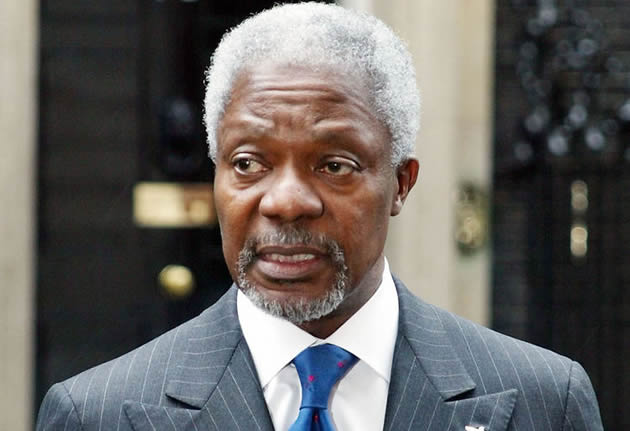

Kofi Annan
Pemba, Zambia. – It’s just after 2pm on a sunny Saturday and 51-year-old Moses Kasoka is seated outside the grass-thatched hut which serves both as his kitchen and bedroom.
Physically challenged since birth, Kasoka has but one option for survival – begging.
But he thinks life would have been different had he been connected to electricity.
“I know what electricity can do, especially for people in my condition,” he says.
“With power, I would have been rearing poultry for income generation,” says Kasoka, who is among the estimated 645 million Africans lacking access to electricity, hindering their economic potential.
“As you can see, I sleep beside an open fire every night, which serves for both lighting and additional warmth in the night,” adds Kasoka, inviting this reporter into his humble home.
But while Kasoka remains in wishful mode, a kilometer away is Phinelia Hamangaba, manager at Pemba District Dairy milk collection centre, who is now accustomed to having an alternative plan in case of power interruptions, as the cooperative does not have a stand-by generator.
Phinelia has daily responsibility for ensuring that 1 060 litres of milk supplied by over a hundred farmers does not ferment before it is collected by Parmalat Zambia, with which they have a contract.
“Electricity is our major challenge, but in most cases, we get prior information of an impending power interruption, so we prepare,” says the young entrepreneur.
“But when we have the worst case scenario, farmers understand that in business, there is profit and loss,” she explains, adding that they are called to collect back their fermented milk.
The cooperative is just one of several small-scale industries struggling with country-wide power rationing.
Due to poor rainfall in the past two seasons, there has not been enough water for maximum generation at the country’s main hydro-power plants.
According to the latest Economist Intelligence Unit report, Zambia’s power deficit might take years to correct, especially at the 1 080MW Kariba North Bank power plant where power stations on both the Zambian and Zimbabwean side of the Zambezi River are believed to have consumed far more than their allotted water over the course of 2015 and into early 2016.
The report highlights that in February, the reservoir at Kariba Dam fell to only 1,5 metres above the level that would necessitate a full shut-down of the plant.
Although seasonal rains have slightly replenished the reservoir, it remained only 17 percent full as of late March, compared to 49 percent last year.
And refilling the lake requires a series of healthy rainy seasons coupled with a moderation of output from the power plant – neither of which are a certainty.
This scenario is just but one example of Africa’s energy and climate change nexus, highlighting how poor energy access hinders economic progress, both at individual and societal levels.
And as the most vulnerable to climate change vagaries, but also in need of energy to support the economic ambitions of its poverty-stricken people, Africa’s temptation to take an easy route through carbon-intensive energy systems is high.
“We are tired of poverty and lack of access to energy, so we need to deal with both of them at the same time, and to specifically deal with poverty, we need energy to power industries,” remarked Rwandan President Paul Kagame at the 2016 African Development Bank Annual meetings in Lusaka, adding that renewables can only meet part of the need.
But former United Nations Secretary General Kofi Annan believes Africa can develop using a different route.
“African nations do not have to lock into developing high-carbon old technologies; we can expand our power generation and achieve universal access to energy by leapfrogging into new technologies that are transforming energy systems across the world. Africa stands to gain from developing low-carbon energy, and the world stands to gain from Africa avoiding the high-carbon pathway followed by today’s rich world and emerging markets,” says Annan, who now chairs the Africa Progress Panel – APP.


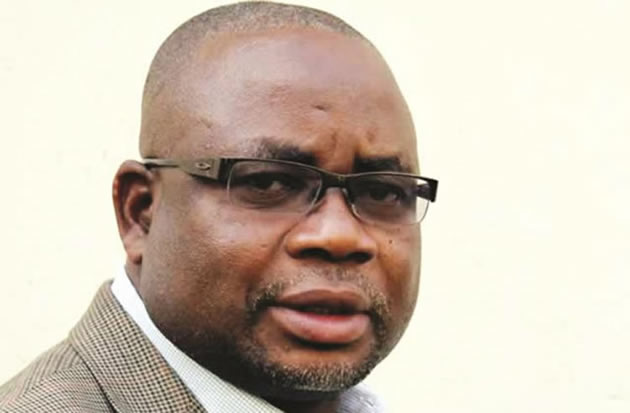
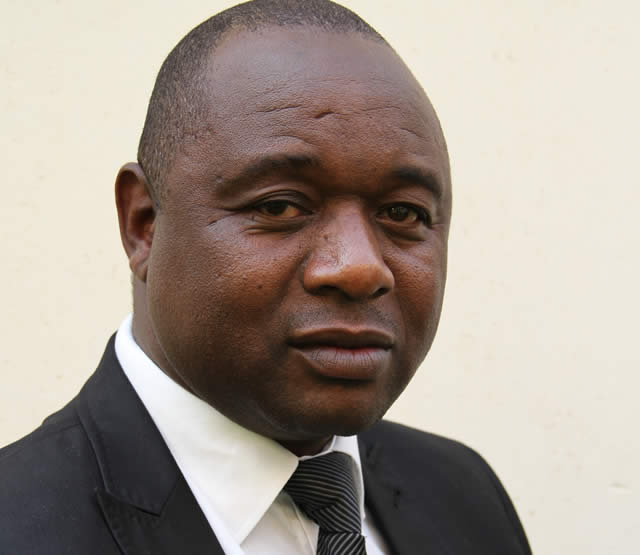

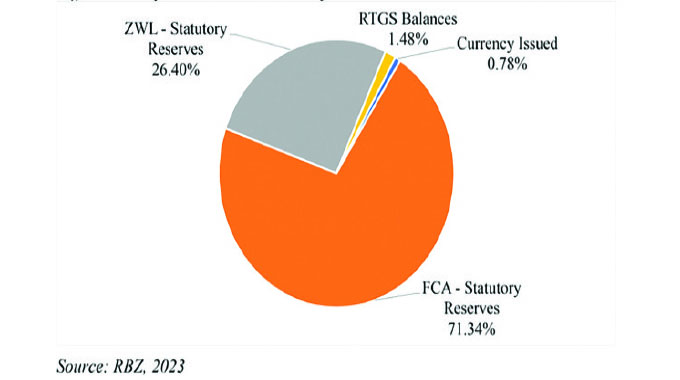
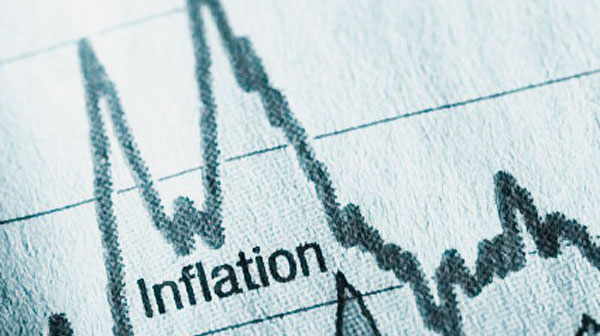

Comments